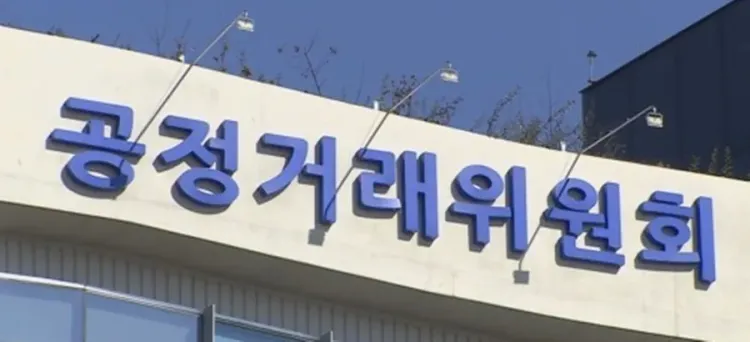Why Did South Korea Fine AliExpress $1.5 Million?

Synopsis
Key Takeaways
- AliExpress fined 2.1 billion won for misleading advertisements.
- Over 7,500 instances of false discount claims were identified.
- The ruling emphasizes the importance of consumer protection in e-commerce.
- AliExpress must implement corrective measures as ordered by the FTC.
- This case highlights the need for transparency in online shopping.
Seoul, Aug 31 (NationPress) South Korea's Fair Trade Commission (FTC) has announced that it has levied a fine of approximately 2.1 billion won ($1.5 million) against AliExpress, a prominent Chinese e-commerce platform, for misleading users with false discount rates on its products.
The FTC's investigation revealed that AliExpress violated laws regarding truthful advertising and labeling. The commission has not only imposed the fine but also mandated corrective measures as part of the ruling, according to the Yonhap news agency.
Two of AliExpress's subsidiaries are accused of disseminating misleading advertisements over 7,500 times targeting South Korean consumers from May 2023 to October 2024.
The investigation found that these subsidiaries displayed prices that products were never actually sold at, accompanied by false claims of discount rates. For example, a tablet that was priced at 270,000 won was falsely advertised with an original price of 660,000 won, suggesting a claimed discount of 58 percent.
The FTC stated that this type of conduct creates a misleading perception among consumers regarding the actual pricing and discount rates, potentially distorting their purchasing decisions by overstating the economic benefits.
Additionally, the FTC has ordered AliExpress to pay a fine of 2 million won for not making its operators' personal information and terms of service readily available on its website.
In a related case, the Chinese platform Temu was recently fined for unlawfully transferring personal data of South Korean users to China and Singapore, according to the state data protection authority.
The Personal Information Protection Commission (PIPC) imposed a fine of 1.36 billion won ($970,000) on Temu after a plenary meeting for breaching the Personal Information Protection Act.
Last April, the PIPC initiated an inquiry into how Temu and AliExpress handle personal data, especially as both platforms have been rapidly expanding in South Korea. While a fine of 1.97 billion won was issued to AliExpress, decisions regarding Temu were delayed due to inadequate sales data.










